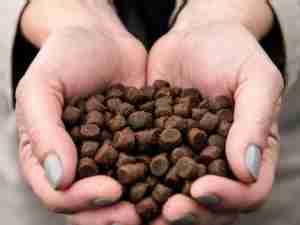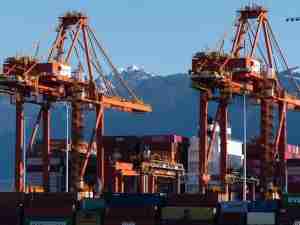Australia flags new live cattle export deal, possibly with China, as Indonesia slashes imports
By: Reuters | Jul 14 2015 at 07:54 PM | International Trade
Australia's agriculture minister said that a new live cattle export deal will soon be signed with an unnamed country. The news comes a day after its largest buyer Indonesia slashed quarterly import quotas by 80 percent.
The comment will stoke hopes that a long-awaited deal with China for the sale of live cattle may finally be sealed, though markets such as the United States and Papua New Guinea are also seen as potential export destinations.
Indonesia issued permits to import 50,000 cattle in the third quarter, a trade official said on Monday, less than one-fifth of what was allowed in the previous quarter.
"It is my responsibility now to find alternative market for those cattle not taken up in that supply in Indonesia," Joyce told a news conference.
"I don't want to pre-empt anything, but I can say that I'm working diligently towards an imminent signing of another agreement."
Australia and China have been in talks concerning live cattle trade for well over a year and despite hope of a deal being close, a resolution continues to be delayed by an insect the size of a pen tip.
The trade is potentially worth billions of dollars as appetite for red meat soars, but the presence in the Australian herd of Bluetongue disease has delayed the opening of trade.
Analysts said the impact of the Indonesian import cut will be softened in the short-term with increased Australian sales to Vietnam and Malaysia.
The Indonesian decision is a blow to farmers in Australia's north which rely almost exclusively on live sales, primarily to Indonesia, a market which has been volatile this year.
Indonesia imported 97,747 live cattle, or 98 percent of its first quarter quota of 100,000. It issued permits to import 250,000 cattle in the second quarter and later added a further 29,000 head in anticipation of the annual rise in beef demand during the Islamic fasting months in June and July.
Indonesia said its reduced third quarter quota was based on expectations of supply needs amid a drive for self-sufficiency.
Indonesia's President Joko Widodo came to power in 2014 promising to prioritise self-sufficiency in the livestock market, but analysts questioned whether Indonesia can continue to restrict supply from Australia in the long-term.
"You've seen what happened when they put quotas in place (in 2011), domestic prices shot up," said Angus Gidley-Baird, senior analyst, animal proteins, Rabobank.
"If Indonesian producers see prices say double, they will all go and cash it in and while beef production increases momentously, the size of Indonesian herd falls." (Reuters)








